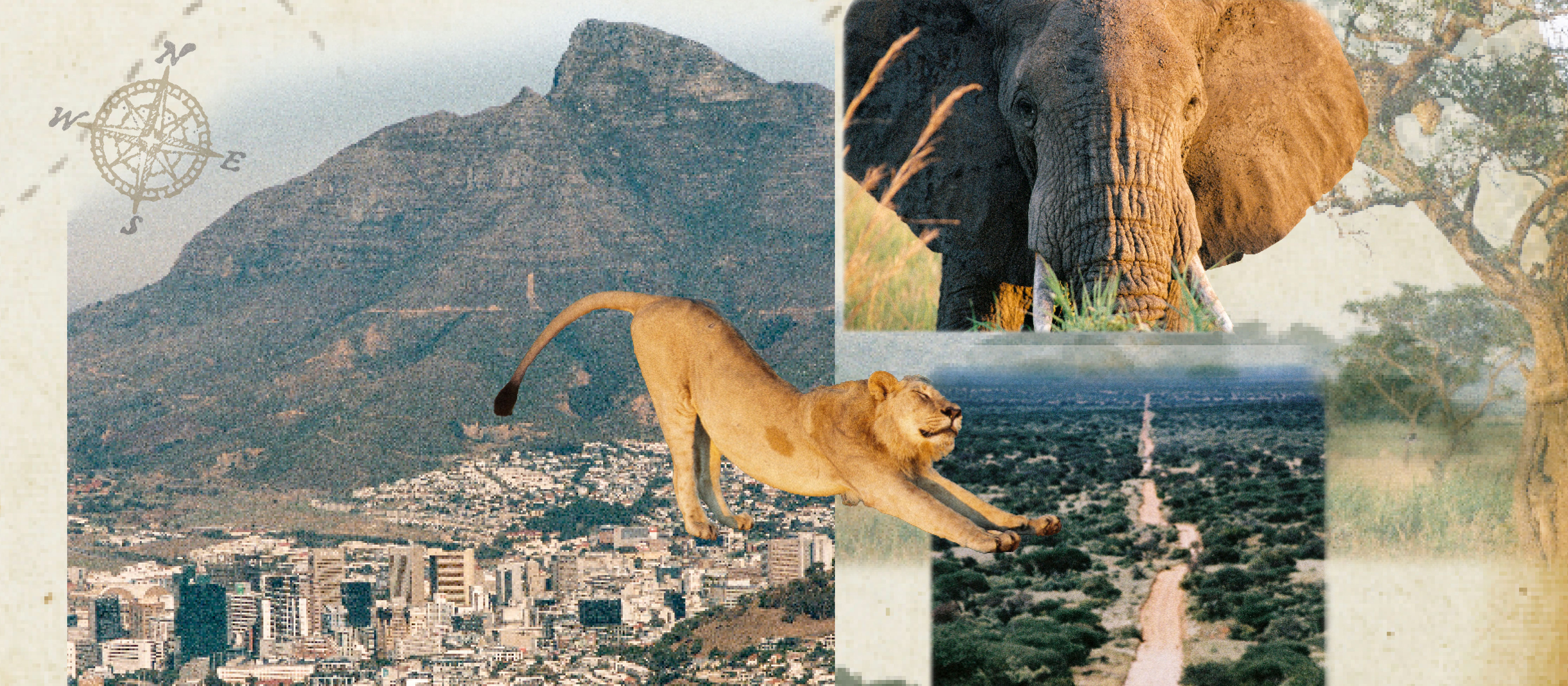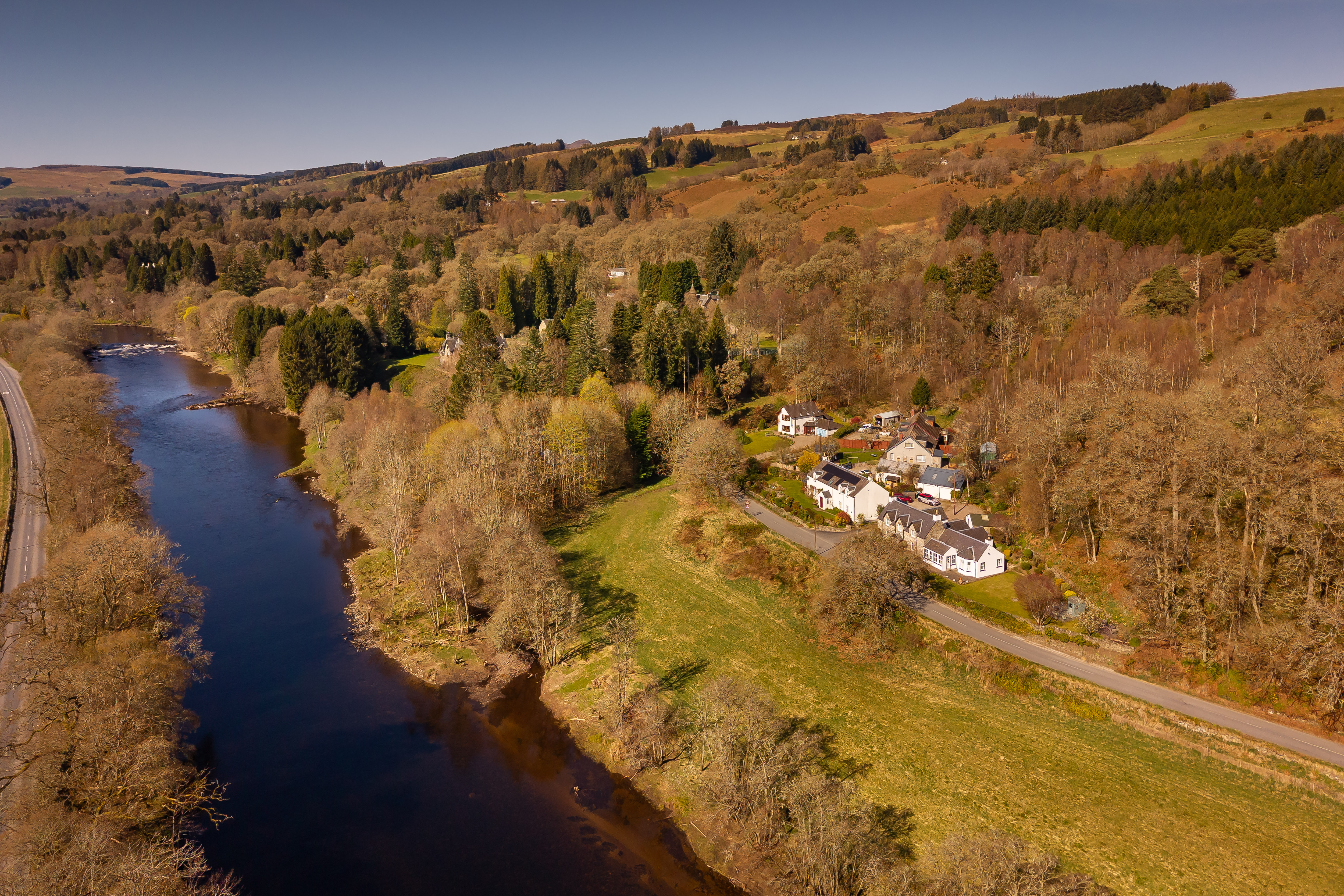Spectator - Carla Carlisle
The death of a friend overseas inspires Carla to recall memories of a journalist who know how to work well and to live well?


My dinner companion on my left asks me: 'Where did you meet your husband?' It's a familiar question that I answer by rote: 'We met at a dinner in Battersea'. In fact, it was an evening concocted by my friend Helen, who'd met the bachelor politician a few months earlier. Helen, a dedicated matchmaker, persuaded her hostess to have another dinner that included me. By the time we met, I knew enough details to write his entry in Who's Who, although it required more than a little Mississippi cunning before I could write 'Reader, I married him'.
I began thinking about that meeting last night after an email from my friend Marie Brenner in New York: our old friend Johnny Apple had just died. Johnny more formally R. W. Apple Jr was London bureau chief of the New York Times during the summer of 1977, the Queen's Jubilee. Marie was in London writing a book. I was in London ghost-writing a book. I'd known Johnny Apple in Washington, and meeting him again in London was like having a crash course in British history and politics. It was also a delicious adventure. A Falstaffian figure, he ran his large flat in Eaton Place christened by Marie as '24 Eatin' and Drinkin' Place' like the embassy of a happy country. He knew everyone in power and had a political sixth sense, combining encyclopaedic knowledge of history with his experience of 10 presidential elections, the war in Vietnam, the Watergate scandal. Few reporters could match the archives that were filed in his capacious brain, the part that burgundy and Calvados couldn't reach.
He also presided over an expense account that is now the stuff of legend, as well as the long wine-fuelled lunches between politicians and journalists. Apple predicted the demise of the journalist as political insider after Watergate and the Vietnam war, which he said had forever changed the chemistry between journalists and government. He regretted that, because he felt that access to politicians, even at the lowest level, was a vital way of giving people good information.
But he loved being a 'newspaper man', and long before he died, he was one of a dying breed: a reporter who could write with erudition and style about war, architecture, foie gras, salt beef, the local elections and the best restaurants in 20 countries. He loved France he held his 70th birthday at his favourite Paris bistro, Chez L'Ami Louis, famous for its slabs of foie gras, roast chicken and pommes Anna but he was happiest in England where he and his wife, Betsey, retreated to their Cotswold cottage. A contemporary of Apple's and later his editor Joseph Lelyveld, once said that 'Johnny grew into the person he was pretending to be when we were young'.
I reckon that is the sign of a good life, but I will miss the prophetic intuition that led him to write on November 12, 2001, a long piece entitled 'Is this WWIII?', in which he quotes Lyndon Johnson quoting de Tocqueville: 'The people grow tired of a confusion whose end is not in sight'. He went on to write that, as in Vietnam, US policymakers were labouring under the 'handicap' of inadequate knowledge of the terrorists' history, culture and language. I'll miss the man who chose the music and the menu for his memorial service from his hospital bed. One more thing: Johnny introduced me to the man who introduced me to the woman who introduced me to my husband. Next time I'm asked how we met, I'll start with Johnny Apple.
This article first appeared in Country Life magazine on 12 October, 2006.
Sign up for the Country Life Newsletter
Exquisite houses, the beauty of Nature, and how to get the most from your life, straight to your inbox.
Country Life is unlike any other magazine: the only glossy weekly on the newsstand and the only magazine that has been guest-edited by HRH The King not once, but twice. It is a celebration of modern rural life and all its diverse joys and pleasures — that was first published in Queen Victoria's Diamond Jubilee year. Our eclectic mixture of witty and informative content — from the most up-to-date property news and commentary and a coveted glimpse inside some of the UK's best houses and gardens, to gardening, the arts and interior design, written by experts in their field — still cannot be found in print or online, anywhere else.
-
 Vertigo at Victoria Falls, a sunset surrounded by lions and swimming in the Nile: A journey from Cape Town to Cairo
Vertigo at Victoria Falls, a sunset surrounded by lions and swimming in the Nile: A journey from Cape Town to CairoWhy do we travel and who inspires us to do so? Chris Wallace went in search of answers on his own epic journey the length of Africa.
By Christopher Wallace
-
 A gorgeous Scottish cottage with contemporary interiors on the bonny banks of the River Tay
A gorgeous Scottish cottage with contemporary interiors on the bonny banks of the River TayCarnliath on the edge of Strathtay is a delightful family home set in sensational scenery.
By James Fisher